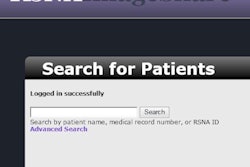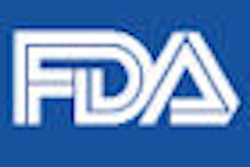Radiation oncologists don't use online error-reporting systems to improve patient safety and the quality of care for fear of getting into trouble and being embarrassed, according to a new study from Johns Hopkins University.
Johns Hopkins radiation oncology resident Dr. Kendra Harris presented the study's results on October 2 at the American Society for Radiation Oncology (ASTRO) annual meeting in Miami Beach, FL.
The responses came from an anonymous survey to physicians, nurses, radiation physicists, and other radiation specialists at Johns Hopkins, North Shore-Long Island Jewish Health System, Washington University in St. Louis, and the University of Miami. The questionnaire asked about reporting near misses and errors in delivering radiotherapy.
According to the 274 returned surveys, few nurses and physicians routinely submit online reports, compared to physicists, dosimetrists, and radiation therapists who reported the highest use of error and near-miss reporting systems.
While nearly all respondents agreed that error reporting is their responsibility, getting colleagues into trouble, liability, and embarrassment were most often cited by physicians and residents as reasons the incidents were not documented.
More than 90% of respondents had observed near misses or errors in their clinical practice. The vast majority of the incidents were reported as near misses, rather than errors; no providers reported any harm to patients.
Harris said that few respondents reported being too busy to report near misses or errors, or that the online reporting tool was too complicated. Respondents concurred that error events should be reported and that they should claim responsibility for them.
Online reporting systems should be simple and promoted as quality improvement tools, not instruments for placing blame and disciplining healthcare professionals, the authors recommended.



















